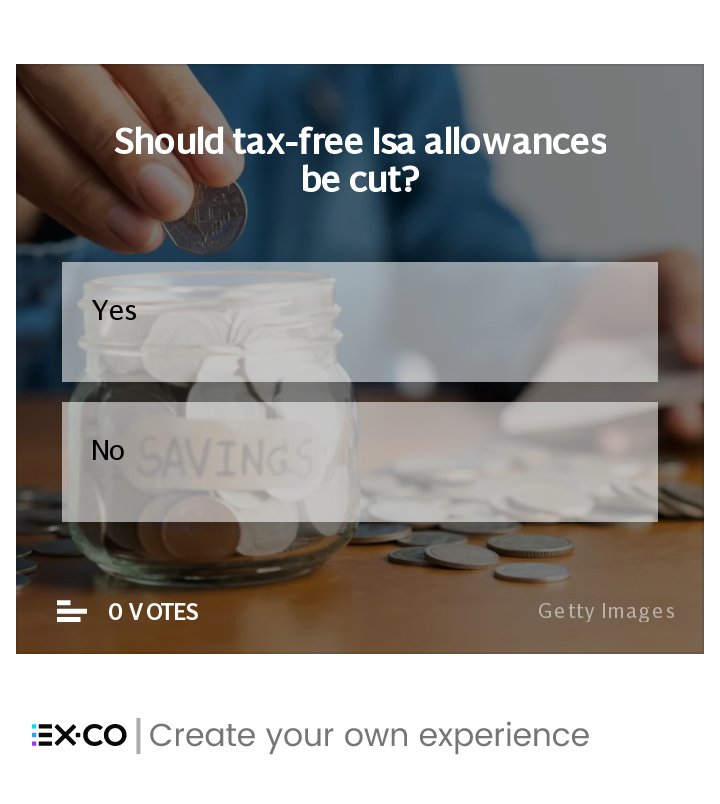Cut tax-free Isa allowances to help the young and low-paid, think tank says

Tax-free Isa allowances should be cut and the money used to help out young people on low incomes, a think tank has said.
The Social Market Foundation urged the Government to create a "workplace savings scheme" for young people on low wages, which workers, employers and the state would all contribute to. The new scheme should be funded by making the tax incentives of saving into an Isa less generous, it said.
The SMF’s Scott Corfe said: “Current policies mean spending significant sums of public money rewarding saving by people on higher incomes who have large sums of cash to invest, at a time when many low-paid workers face pay cuts and job losses and have little or no savings to fall back on.”
He added that rewarding older, richer people while letting poorer, younger people suffer was unfair and unsustainable.
Isas, which allow you to invest without paying tax on the returns, cost the Government £3.3bn a year in lost revenue, according to HM Revenue & Customs. Yet this cash largely benefits older and wealthier people.
“HMRC data show that Isa investors aged 65 and over hold an average of £49,161 in tax-free accounts, compared with £5,629 for people under 25,” the SMF said. Wealthy savers earning £150,000 or more have about £85,000 in their Isa on average.
SMF analysis of data from the Bank of England found that around half (47pc) of Britain’s lowest paid workers were not saving anything each month. Around a third (31pc) had no savings in the bank at all, compared with 8pc of the country’s highest earners.

The Institute for Fiscal Studies, another think tank, has also warned that the pandemic is widening wealth inequalities. People on low incomes are less likely to be able to do their job remotely, meaning they are more vulnerable to redundancy.
They are also more likely to be renters than homeowners, so would not be able to benefit from the mortgage holidays banks have offered and have to rely on the goodwill of their landlords.
However Isa allowances are a key part of many people’s financial plans and cutting their tax perks is likely to be unpopular.

